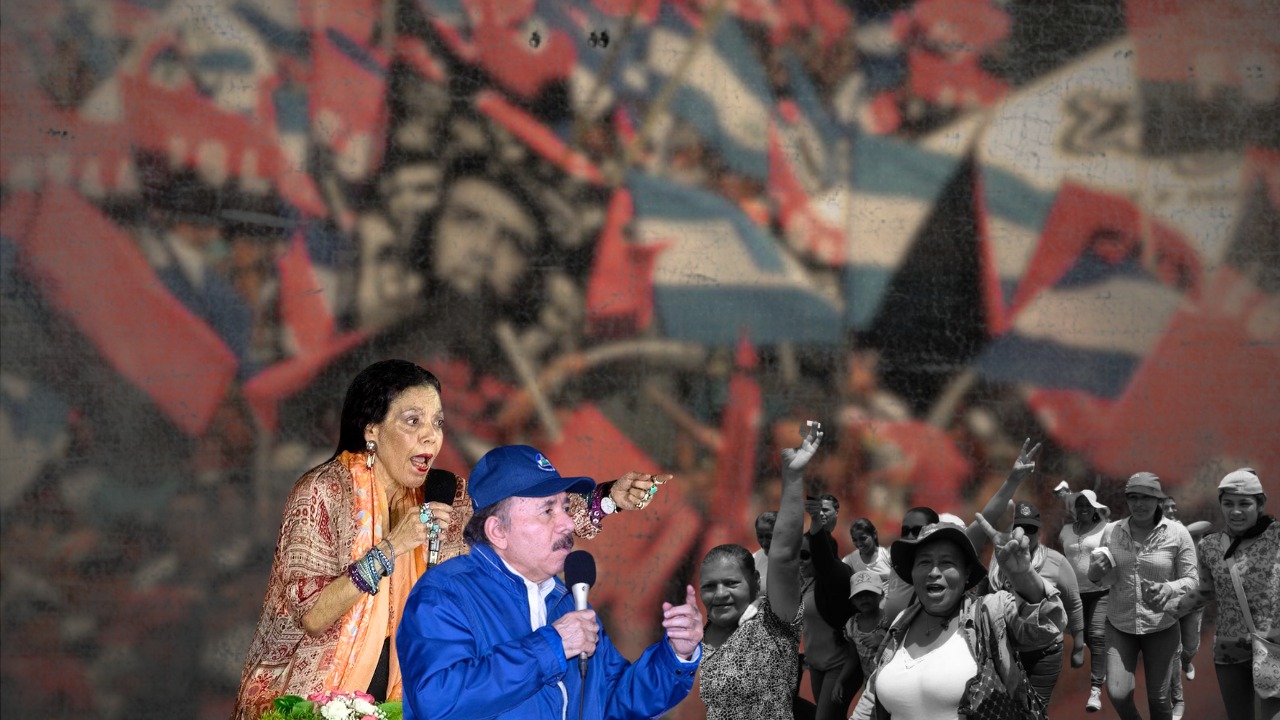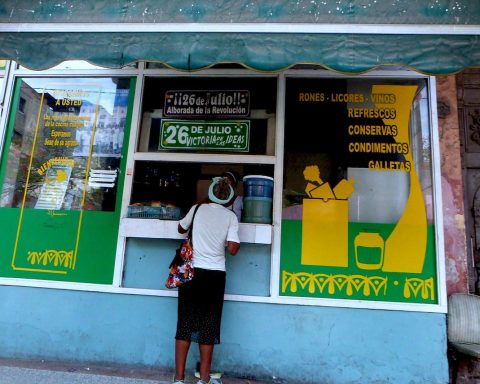Daniel Ortega’s government is returning Nicaragua to the Stone Age with a constitutional reform that promotes and formalizes control over the media, said the president of the Inter-American Press Association (IAPA), José Roberto Dutriz.
“We are not in the least surprised by what President Ortega is doing. We are really returning to the Stone Age in Nicaragua,” Dutriz told AFP in Panama.
According to Dutriz, Nicaragua lives in an “archaic” context, with extreme authoritarianism and harassment of dissonant voices, not only against the media but against people.”
Ortega presented on Wednesday before Congress, under the control of the ruling Sandinista National Liberation Front (FSLN, left), a reform of the Constitution to gain total control of all the powers of the country together with his wife, Vice President Rosario Murillo, who would have the position of “co-president.”
The proposal extends the presidential term from five to six years and allows Ortega and his wife to coordinate the bodies of the Legislative Branch, the Judiciary and the electoral authority, among others.
It also establishes controls for the media and the Church so that, the text indicates, they do not respond to “foreign interests.”
Ortega, a 79-year-old former guerrilla who governed Nicaragua in the 1980s and returned to power in 2007, has been in office with his wife. Both are accused by the United States, the European Union and some Latin American countries of establishing an autocracy in the country.
“It makes us very sad that a brother country like Nicaragua has gone backwards in this regard, it is not healthy for the region or for Nicaraguan society,” Dutriz added.
Dutriz’s statements took place in Panama, where he attended the signing, by the Panamanian president, José Raúl Mulino, of the Chapultepec Declaration on freedom of the press.
This signature by Panama is the “contrast” between “a modern society versus an archaic society” like the Nicaraguan one, Dutriz indicated.


















